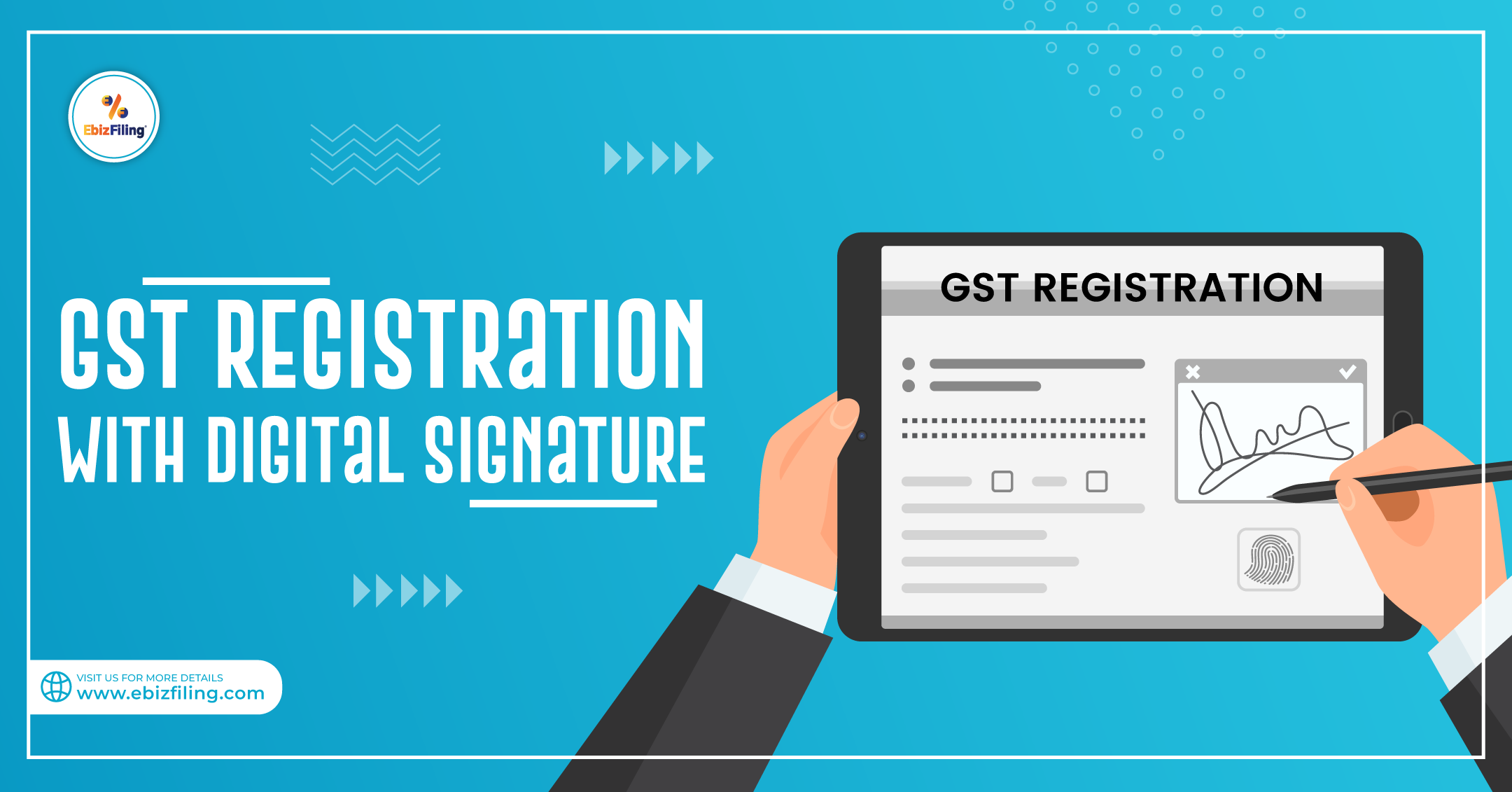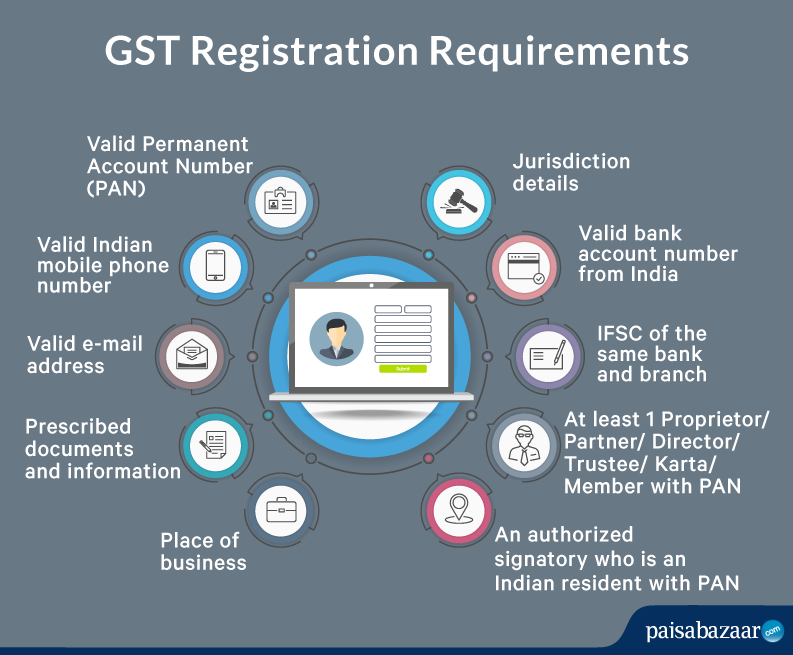Cost effective Alternatives for the very best GST Registration Services in Singapore
Cost effective Alternatives for the very best GST Registration Services in Singapore
Blog Article
From Begin to Complete: The Ultimate Roadmap to GST Enrollment for Services Looking For Financial Security
Browsing the intricacies of Goods and Provider Tax (GST) enrollment is a crucial action for companies aiming for economic stability. Breaking down the roadmap into workable actions can simplify the registration journey for services looking to enhance their economic standing.
Understanding GST Basics
Delving into the basic concepts of Product and Provider Tax (GST) is necessary for gaining a detailed understanding of its effects on businesses and the economic climate. Input Tax Obligation Credit Rating (ITC) is a substantial feature of GST, enabling organizations to assert credit report for tax obligations paid on inputs, decreasing the general tax obligation worry. Understanding the essentials of GST is essential for organizations to conform with tax laws, manage their financial resources efficiently, and contribute to the country's financial development by getting involved in a transparent tax system.
Qualification Criteria for Enrollment
To register for GST, organizations have to fulfill details qualification standards developed by the government. The main qualification requirement is that any kind of company entailed in the supply of items or services with an annual accumulation turn over above the threshold restriction set by the authorities should register for GST. As of the existing guidelines, the threshold limitation for GST registration is a yearly accumulation turnover of 40 lakhs for businesses running within a state, besides unique category states where the limitation is 20 lakhs. Additionally, specific organizations are needed to register for GST irrespective of their turnover, such as interstate providers, informal taxed persons, and services accountable to pay tax under the reverse charge device. It is critical for businesses to extensively examine their turn over and transaction types to establish their GST enrollment obligations precisely. Failing to sign up for GST when eligible can bring about charges and lawful repercussions, making it crucial for businesses to follow the specified qualification requirements.
Records Required for Registration
Having actually fulfilled the eligibility requirements for GST registration, services must currently guarantee they have the requisite documents in location to proceed with the registration process efficiently. The papers needed for GST registration normally consist of proof of business constitution, such as partnership action, registration certification, or incorporation certification for different kinds of companies. In addition, businesses need to supply files establishing the principal location of service, such as a rental agreement or power costs.
Step-by-Step Enrollment Refine
Beginning the GST registration procedure entails a series of organized steps to guarantee a seamless and compliant enrollment for businesses. The very first step is to see the GST portal and fill out the enrollment type with accurate details of the service entity. Following this, the candidate find out this here receives a Temporary Reference Number (TRN) which is utilized to resume the application process if it's not completed in one go.
Next, all needed files as per the list supplied by the GST portal demand to be posted. These files generally include proof of service address, identification and registration proofs of marketers, economic statements, and company entity's PAN card.

Post-Registration Compliance Standards

Final Thought
In final thought, businesses check over here looking for economic stability needs to understand the basics of GST, meet qualification requirements, collect essential documents, adhere to original site the step-by-step registration process, and abide with post-registration guidelines - Best GST registration services in Singapore. By adhering to these actions, businesses can ensure conformity with tax obligation guidelines and preserve monetary security in the future
Additionally, certain businesses are needed to sign up for GST regardless of their turnover, such as interstate vendors, casual taxed persons, and services accountable to pay tax under the reverse cost system.Having actually fulfilled the eligibility criteria for GST registration, services must currently guarantee they have the requisite papers in area to proceed with the enrollment procedure successfully. The files needed for GST registration typically consist of evidence of organization constitution, such as partnership deed, enrollment certificate, or incorporation certificate for different types of services. Furthermore, companies require to supply files establishing the major place of company, such as a rental contract or power costs.Beginning the GST enrollment procedure includes a collection of structured actions to make sure a compliant and smooth enrollment for companies.
Report this page